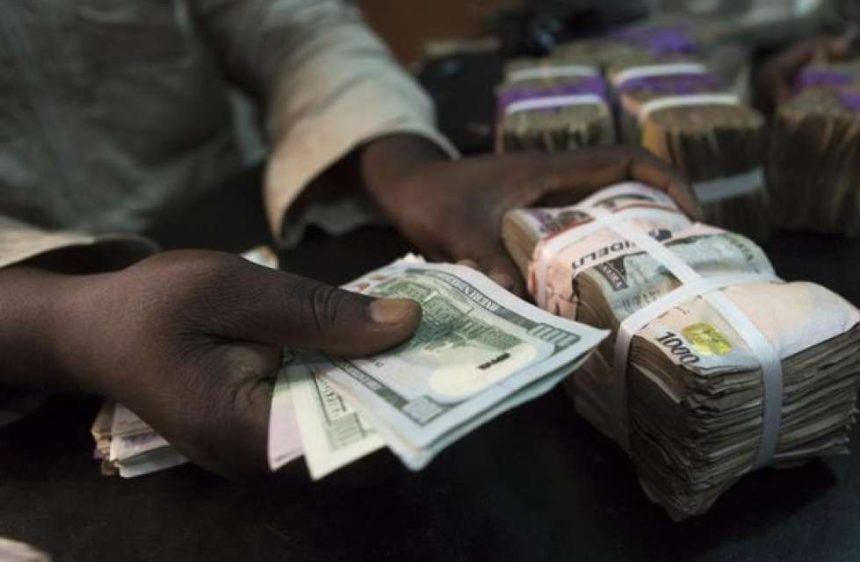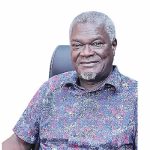Earlier today, foreign exchange traders in Abuja, particularly those situated in the bustling Wuse Zone 4 market, abruptly ceased their operations. Their decision stemmed from directives issued by their association and a significant decline in the Naira’s value relative to the US dollar in the official market.
They declined to engage in any foreign currency transactions, initially citing instructions from the Association of Bureau De Change Operators of Nigeria (ABCON) as the reason for their halt in sales. However, they later disclosed that the primary factor was the diminishing gap between the official and black market exchange rates.
According to one trader, who preferred anonymity, “The Naira just de go up.” The official rate has now reached parity with the black market rate, rendering dollar sales unprofitable.
On the last day of January, the official CBN rate stood at N1,356.883/$1, while another official rate was N1,455.59, compared to the black market rate of N1,450/$1. This narrowing gap, influenced by various economic variables, has eroded the potential profits for black market traders, dampening their business prospects.
The closure of these traders could significantly impact the foreign exchange market. Many Nigerians rely on the black market due to limited access to official FX channels, despite the higher costs involved. The sudden cessation could pose challenges for individuals and businesses dependent on these informal channels.
However, this situation might signal positive developments for the CBN’s efforts to stabilize the foreign exchange market. The diminishing gap between official and black market rates indicates growing confidence in the official market, potentially reducing the demand for alternative avenues.
The landscape is evolving, and the ramifications of the traders’ closure remain uncertain. Neither the CBN nor ABCON has issued official statements, leaving the long-term effects of this development unclear.





